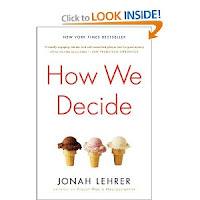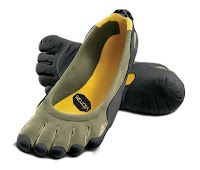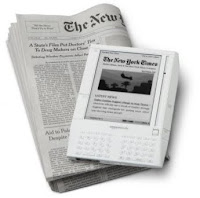Absence of bad is not a proof of good
I haven't seen the evidence of bad and hence the person should be good. We often make this poor judgment when assessing people. Until there are concrete and consistent examples of good behavior, we cannot conclude that somebody is good. This logic can be applied to multiple aspects of Leadership & management, and to life in general. Take a scenario. There is an employee who has been reporting to you for three months. You are not able to confidently conclude if the employee is a good performer or not. It is easy to fall into the trap of giving more time and collecting more data to arrive at a decision. You will lose the time to work on employee performance and take corrective action if the decision is not made earlier. If somebody has not given evidence of picking up new learning and good performance in the last three months, then it's fair to conclude performance issues. You should start working with the employee towards improving performance. The manager needs to set cle...



